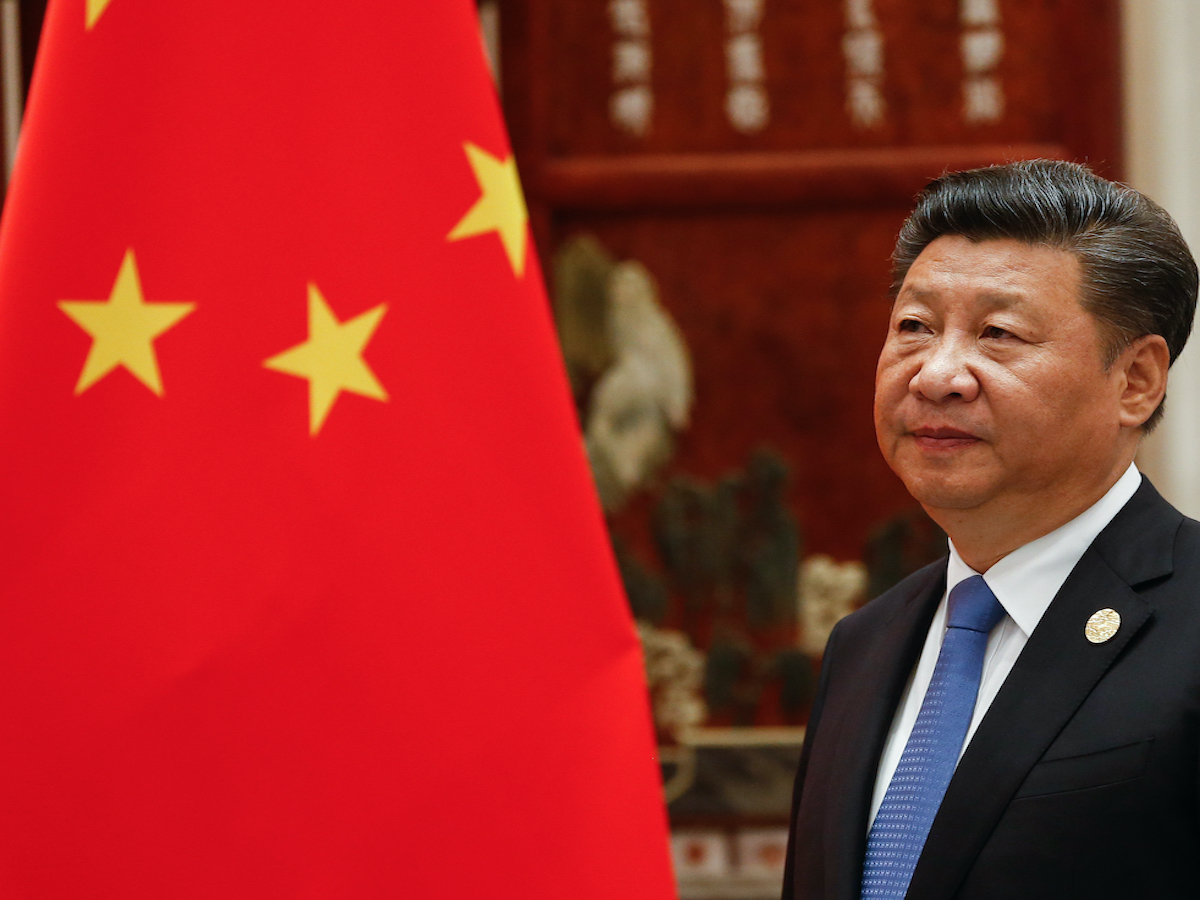The Surprising Origins of Taiko: A Vision for Uncensored Freedom
In the chaos of China’s COVID-19 lockdown, where the government imposed harsh restrictions on freedom of speech, one entrepreneur found his motivation to create a revolutionary technology that could change how we think about censorship and decentralized networks forever. This isn’t just about technology—it’s about the fight for freedom in the digital age.
Daniel Wang, co-founder of Taiko Labs, was trapped in his small apartment during Shanghai’s strict COVID-19 lockdown. The isolation, combined with the government’s tight control over information, inspired him to create something unstoppable—something that would never be censored, no matter how powerful the government. He envisioned a “decentralized publishing network” where anyone could speak freely without fear of retaliation. But, as he explored the idea further, he realized that the existing technology at the time, such as Optimism’s OP Stack and StarkWare, could still be shut down by powerful authorities.
So, Wang and his team decided to build something better: Taiko, an Ethereum-based Layer-2 “rollup” that could solve these problems once and for all.
What is Taiko, and Why Should You Care?
In simple terms, Taiko is a Layer-2 rollup built on Ethereum. A rollup is a way to process transactions off the Ethereum main chain (Layer-1), making them faster and cheaper. But Taiko is different from other rollups—it’s designed to be completely decentralized and “ownerless.”
Here’s what makes it unique:
- No Central Sequencer: Most rollups have a central sequencer, which is essentially a controlling entity that decides the order of transactions. In Taiko, there’s no central control. Instead, it uses Ethereum validators to process transactions, making it more resistant to censorship.
- Freedom Without Compromise: While other rollups rely on signature verifications, which could be compromised or shut down by authorities, Taiko doesn’t. This makes it more secure against censorship and gives users true freedom of expression.
- A Vision for the Future: Wang’s goal isn’t just to make Taiko the most popular Ethereum rollup—it’s to prove that decentralized networks can exist without central authority, beating the centralized systems that dominate today. If Taiko succeeds, it will pave the way for more secure and free systems. If it doesn’t, the lessons learned will inspire the next generation of decentralized networks.
Why Does This Matter?
As a young person living in a world that increasingly relies on digital communication, you have to understand the implications of what Wang is trying to achieve. In many parts of the world, including China, governments can control what you say online, censor information, and even punish those who speak out. Taiko aims to eliminate that by offering a system that is resistant to government control and censorship.
But it’s not just about freedom of speech—it’s about how decentralized systems can revolutionize the way we interact online, make transactions, and secure our data. Taiko is a step toward a truly decentralized internet, where power isn’t concentrated in the hands of a few but is distributed across a network of independent nodes.
Key Points to Remember:
- Taiko is a Layer-2 rollup on Ethereum that removes the need for a central sequencer.
- It aims to provide true freedom of speech without censorship.
- No signature verifications mean Taiko is resistant to being shut down by powerful authorities.
- Taiko’s success could lead to a new era of decentralized technologies that are censorship-resistant and truly free.
- Even if Taiko doesn’t become the biggest rollup, the lessons learned will shape future decentralized systems.
The Takeaway: Why This Matters to You
Understanding projects like Taiko is crucial as they represent the future of the internet and digital freedom. As governments around the world tighten their grip on the digital world, innovations like Taiko offer a glimpse of a more open, fair, and decentralized future. If you care about freedom, privacy, and building a better, more equitable digital world, then Taiko is a project you’ll want to keep an eye on.
It’s about more than just tech—it’s about creating systems that can stand up to power and give everyone the freedom to speak, create, and connect without fear. Taiko could be the future of the internet, and you’re witnessing it now.



